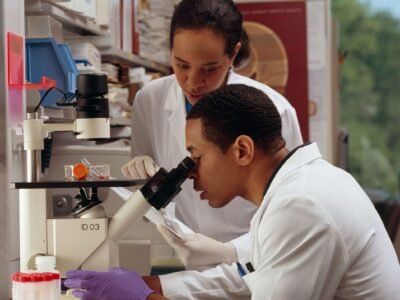Time Travel Mysteries: Exploring the Science and Fiction Behind the Fantasy
Time travel is a fascinating concept that has captivated the imagination for centuries. While it remains largely confined to science fiction, there are real scientific theories that suggest time travel could one day be possible. In this article, we explore the science of time travel, the role it plays in fiction, and the questions it raises about the nature of reality. The Science of Time Travel Time travel, as imagined in science fiction, often involves traveling backward or forward in time. But is this truly possible? Some theories in physics suggest that time travel may not be entirely out of reach. Relativity and Time Dilation: Albert Einstein's theory of relativity shows that time is not constant. As an object approaches the speed of light, time slows down for it compared to an observer at rest. This phenomenon, called time dilation, is one way time travel could be possible. Wormholes: Wormholes are theoretical shortcuts through spacetime that could allow for fasterthanlight travel between two distant



















